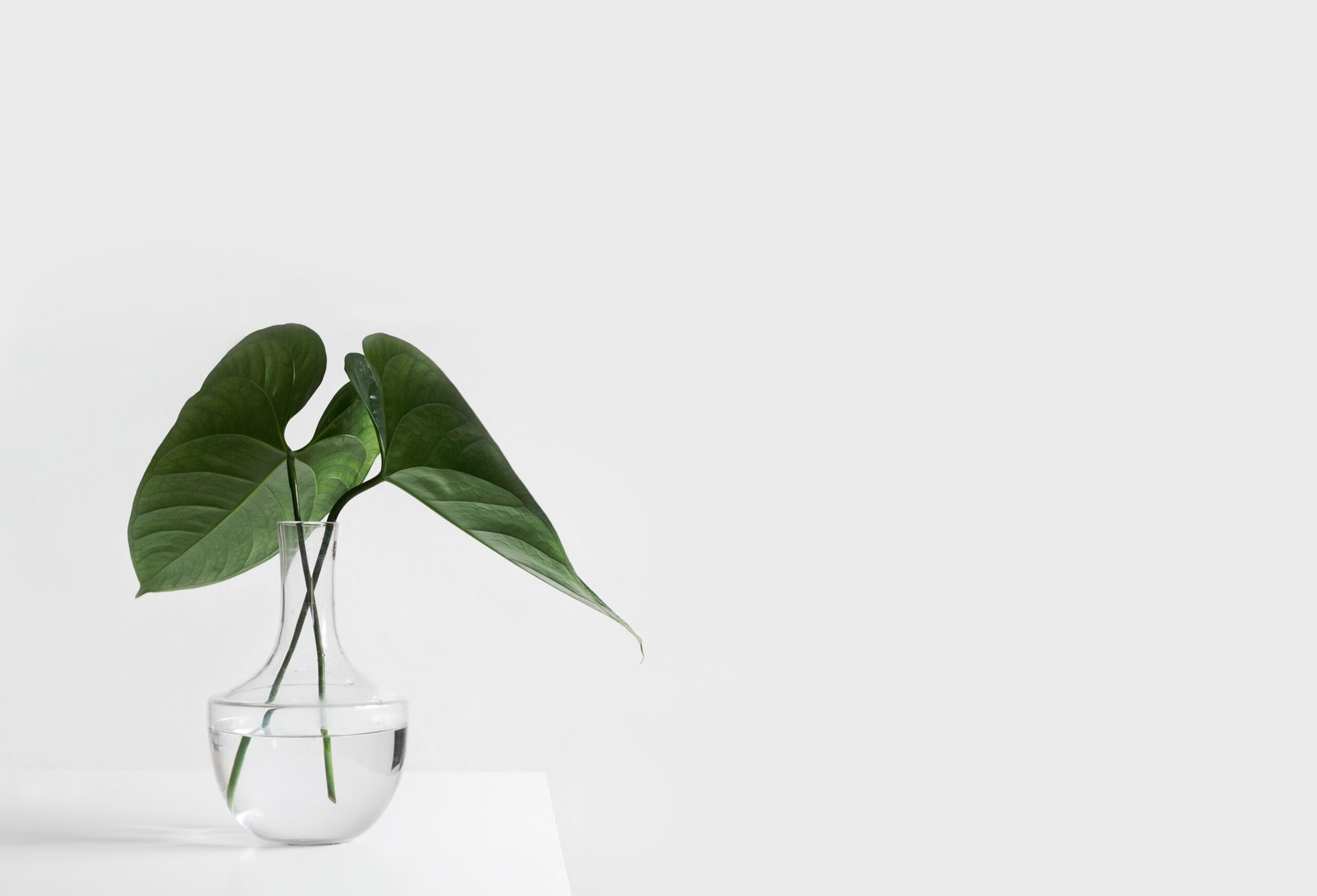Introduction
Minimalism is a lifestyle that has gained popularity in recent years. It is a way of living that focuses on simplicity, decluttering, and reducing excess in all areas of life. The core idea behind minimalism is to live with intention and to prioritize what truly matters.
The Benefits of Minimalism
Adopting a minimalist lifestyle can have numerous benefits for both individuals and the environment. Here are a few key advantages:
1. Less Stress
Living with less clutter and fewer possessions can significantly reduce stress levels. Minimalism promotes a sense of calm and tranquility by eliminating the constant need to manage and organize excess belongings.
2. Increased Freedom
By letting go of unnecessary possessions, minimalism offers a sense of freedom. It allows individuals to focus on experiences and relationships rather than material possessions. With fewer things to worry about, people can pursue their passions and live a more fulfilling life.
3. Improved Finances
Minimalism can also have a positive impact on finances. By avoiding unnecessary purchases and focusing on essential items, individuals can save money and reduce debt. This financial freedom provides more opportunities for travel, personal growth, and pursuing meaningful experiences.
4. Environmental Benefits
Minimalism aligns with sustainable living practices by reducing waste and consumption. By buying only what is necessary, individuals can minimize their carbon footprint and contribute to a healthier planet. Additionally, by focusing on quality over quantity, minimalism encourages the use of durable and long-lasting products.
Practical Steps to Embrace Minimalism
Embracing minimalism doesn’t mean getting rid of everything you own. It’s about being intentional and mindful about what you bring into your life. Here are some practical steps to help you get started:
1. Declutter Your Space
Begin by decluttering your living space. Sort through your belongings and keep only what you truly need or cherish. Donate or sell the rest. This process will not only create a more organized and peaceful living environment but also help you realize how little you actually need.
2. Evaluate Your Purchases
Before making a purchase, ask yourself if the item is essential or if it will add value to your life. Avoid impulse buying and instead focus on quality over quantity. Consider borrowing or renting items that you only need temporarily.
3. Simplify Your Digital Life
Minimalism extends beyond physical possessions. Streamline your digital life by organizing your files, deleting unnecessary apps, and unsubscribing from email lists that no longer serve you. Limit your screen time and prioritize meaningful connections over mindless scrolling.
4. Practice Mindfulness
Mindfulness is a key aspect of minimalism. Be present in the moment and appreciate what you have. Cultivate gratitude for the simple things in life and avoid comparing yourself to others. Focus on your own journey and what brings you joy.
Conclusion
Minimalism is not about deprivation or living with nothing. It is about living intentionally, focusing on what truly matters, and eliminating excess. By embracing minimalism, individuals can experience less stress, more freedom, improved finances, and contribute to a more sustainable world. Start small, declutter your space, and gradually incorporate minimalism into various aspects of your life. You may be surprised at how much more fulfilling life can be with less.

